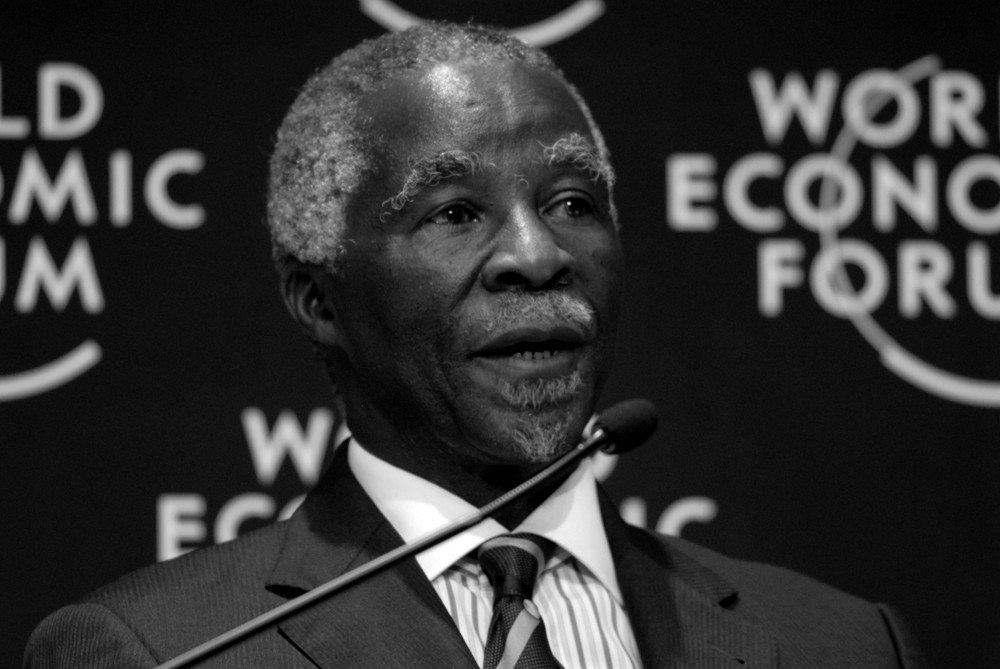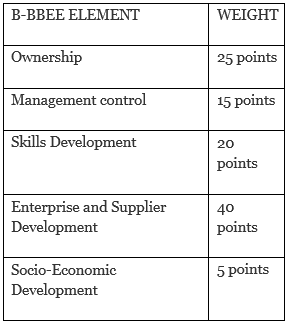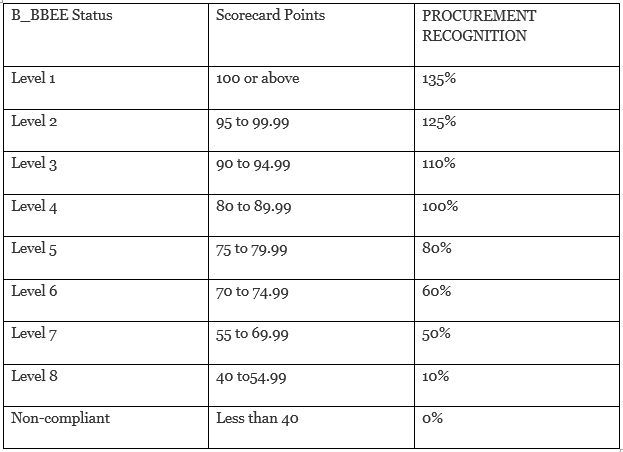Broad-Based Black Economic Empowerment (B-BBEE) is a policy in South Africa that aims to rebalance the racial socio-economic disparities that still exist today. It does this by giving economic privileges to certain groups of the society: mainly Blacks, Coloureds, Indians and Chinese. Since the end of the Apartheid in 1994, the African National Congress (ANC) has been working to redistribute the opportunities given to South African citizens. This growth strategy focuses on the economy’s biggest obstacle: inequality.
Main Aims
The original policy was introduced during Thabo Mbeki’s presidency in 2003. As part of his rationale, Mbeki quoted poet Langston Hughes to demonstrate what will happen to future South Africa if the hopeful promises made at the end of the Apartheid were not kept:
What happens to a dream deferred? Does it explode?
Designed by the Department of Trade Industry (DTI), the policy not only aims to overcome racial discrimination but to achieve sustainable long-term economic growth. Despite 10 years of consistent growth and significant economic progress since 1994, the distribution of this wealth is preventing the economy to be stable, integrated and prosperous. These are some of the main objectives, as outlined by the DTI:
- Substantially increase the number of black people having ownership and control of enterprises, particularly in the government’s chosen priority sectors of the economy
- Significant increases in the number of new black enterprises and black-empowered enterprises
- Significant increase in the number of black people in senior management and executive positions
- Increased ownership of land, access to infrastructure and acquisition of skills in underdeveloped areas
How it is Measured
A scorecard has been designed to make B-BBEE measurable. Here are the 7 elements that each contribute to the scorecard:
Each of the 7 elements above have their own detailed scorecard, dividing the points between special measures all aimed to promote increased participation of formerly disadvantaged groups in the business’ activities.
Using these elements the business can then be ranked on the following scorecard:
An online scorecard exists for enterprises to input their data and get a precise score/status for their implementation of B-BBEE. Once a score is acquired companies get an official B-BBEE Certificate for the year.
The B-BBEE status of a company can have different impacts depending on the industry sector of the company. For companies working in heavily government-regulated sectors, or in sectors which really on public spending, having Level 4 status is a minimum requirement for a license to operate, and having a higher status becomes a true competitive advantage as public-sector procurement decisions are heavily influenced by B-BBEE criteria. On the other hand, B-BBEE status is less of an issue for business-to-consumer industries, because shoppers are unlikely to base buying decisions on a particular store’s B-BBEE level.
Independent verification organisations, regulated by the South African National Accreditation System (SANA), provide advisory and verification services to companies, and provide the B-BBEE certificates.
 In photo: Johannesburg Skyline- Credit to Paul Saad
In photo: Johannesburg Skyline- Credit to Paul Saad
B-BBEE Advantages
The advantages of this temporary policy speak for themselves- a fair opportunity for all. It is about addressing certain disparities that have not yet disappeared since the end of the Apartheid. Government interventions such as this one are needed to re-establish a balance, which in the long-term will significantly enhance South Africa’s growth. Until that balance is reached, underprivileged people need to be given an advantage in the workforce.
B-BBEE Disadvantages
Disadvantages include:
- A vast amount of private sector financial resources being used to fulfil the B-BBEE rating, including changing management and supplier structures, investing in employee and supplier development, and changing procurement processes
- Business decisions incorporate non-economic factors, leading to inefficiencies in the economy
- Disincentive for white entrepreneurs
- Counter-productive or illegal activities to fulfil the requirements of the code.
Due to the obstacles, some companies try to circumvent the B-BBEE policy, particularly via a technique called fronting. This can include assigning black people with shareholding and management roles without them having any actual influence on the business, and discouraging black people from participating in the main activities of the business (also known as window-dressing). If an enterprise is caught fronting, it can be faced with very serious consequences, including a fine of its 10% of their annual turnover and imprisonment of those responsible.
Overall, despite the short-term inefficiencies and highly costly reallocation of resources, Broad-Based Black Economic Empowerment is the policy chosen by South Africa to overcome the severe racial socio-economic disparities. One only has to hope that it will successfully restore the balance and pave the road to the country’s long-term economic growth.
In top photo: Thabo Mbeki- Photo Credit to World Economic Forum












